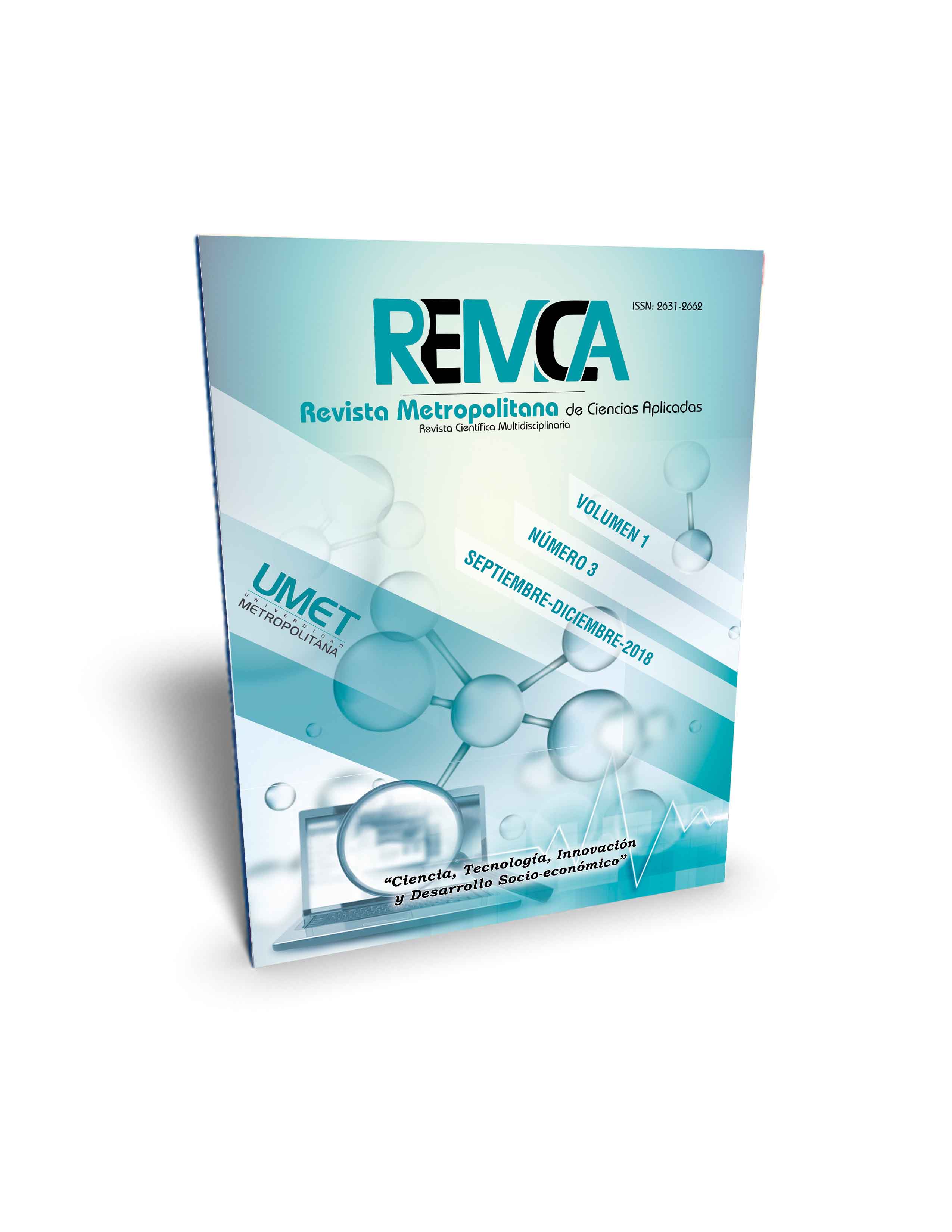Life story of Lilian Martin Brito: founder of the University of Cienfuegos and personality of higher education
DOI:
https://doi.org/10.62452/nr31a966Keywords:
Life story, Lilian Martin Brito, living human treasuresAbstract
In this article we take the different aspects and skills used in life stories. The methodology used has been qualitative research from the narrative biographical method. It is intended to cover the paths in which the dissimilar ways in which this particular topic is worked are distributed and arranged. The methodological procedure that is determined in this work is detailed, providing necessary elements to analyze the obtained results in the application of the chosen techniques: qualitative interview, content analysis and the triangulation of sources, these are justified according to their degree of involvement in the investigative process. The reasons that support the validity and scientific rigor of the investigation are explained, which demonstrates the credibility of the same. We conclude by adhering to this subject from the facultative and critical assessment in the writings and notes of different authors.
Downloads
References
Betancourt, E. M. (2014). Contribución a la obra musical de Rosa Campo al desarrollo de la canción infantil. (Tesis de Maestría). Cienfuegos: Universidad de Cienfuegos.
Chárriez, M. (2012). Historias de Vida: Una metodología de Investigación cualitativa. Revista Griot, 5(1). Recuperado de https://revistas.upr.edu/index.php/griot/article/view/1775
Díaz, S. (2014). La obra de Francisco Gilberto Rodríguez Marcet. Relato de Vida (Trabajo de Diploma). Cienfuegos: Universidad de Cienfuegos.
Hernández, K. S. (2009). El método de Historia de Vida: alcances y potencialidades. (Tesis de Maestría). Las Tunas: Universidad de Las Tunas.
Madrazo, D. (2013). Presencia de Lourdes Díaz Canto y Luis Acea León en el desarrollo sociocultural de la ciudad de Cienfuegos de 1980 a 2010. (Tesis de Maestría). Cienfuegos: Universidad de Cienfuegos.
Moreno, A. (2009). Historia de Vida e Investigación. Recuperado de http://prof.usb.ve/miguelm/historiasdevida.html
Pozo, M. T. (2003). La recogida de información mediante técnicas bibliográfico narrativas: Las historias de vida en investigación socioeducativa y ambiental. Granada: Universidad de Granada.
Downloads
Published
Issue
Section
License
Copyright (c) 2018 Josefina Guardarrama Torres, Salvador David Soler Marchán, Amarilys Suárez Alfonso (Autor/a)

This work is licensed under a Creative Commons Attribution-NonCommercial-ShareAlike 4.0 International License.
Authors who publish in Revista Metropolitana de Ciencias Aplicadas (REMCA), agree to the following terms:
1. Copyright
Authors retain unrestricted copyright to their work. Authors grant the journal the right of first publication. To this end, they assign the journal non-exclusive exploitation rights (reproduction, distribution, public communication, and transformation). Authors may enter into additional agreements for the non-exclusive distribution of the version of the work published in the journal, provided that acknowledgment of its initial publication in this journal is given.
© The authors.
2. License
The articles are published in the journal under the Creative Commons Attribution-NonCommercial-ShareAlike 4.0 International License (CC BY-NC-SA 4.0). The terms can be found at: https://creativecommons.org/licenses/by-nc-sa/4.0/deed.en
This license allows:
- Sharing: Copying and redistributing the material in any medium or format.
- Adapting: Remixing, transforming, and building upon the material.
Under the following terms:
- Attribution: You must give appropriate credit, provide a link to the license, and indicate if any changes were made. You may do this in any reasonable manner, but not in any way that suggests the licensor endorses or sponsors your use.
- NonCommercial: You may not use the material for commercial purposes.
- ShareAlike: If you remix, transform, or build upon the material, you must distribute your creation under the same license as the original work.
There are no additional restrictions. You may not apply legal terms or technological measures that legally restrict others from doing anything the license permits.




